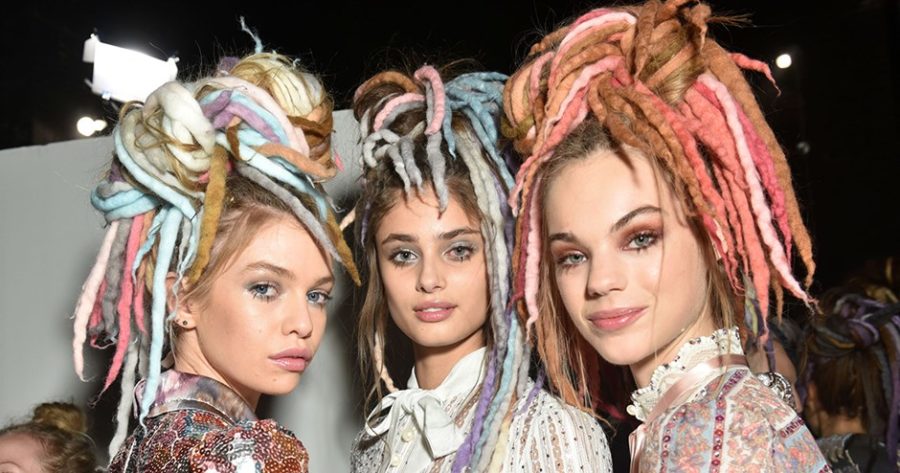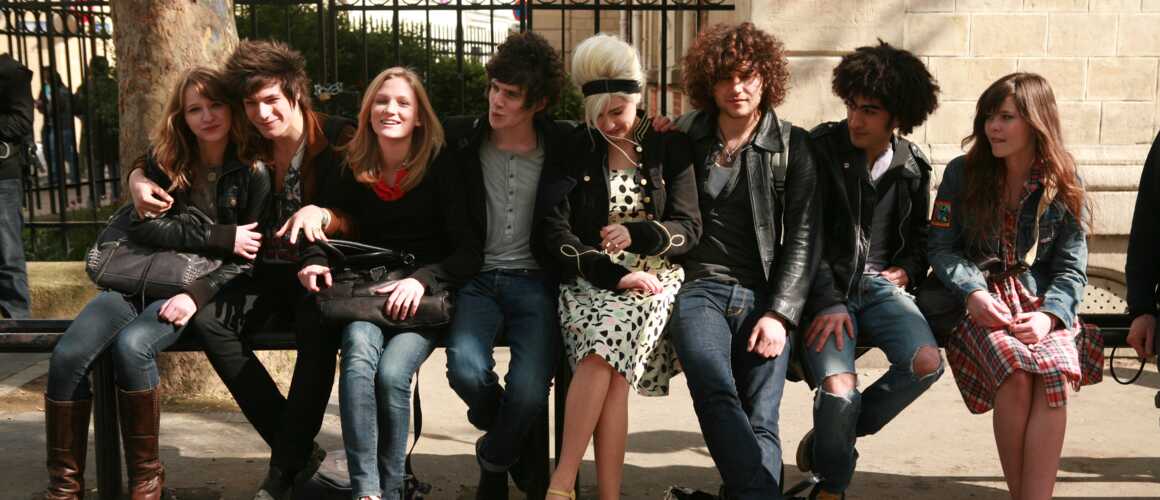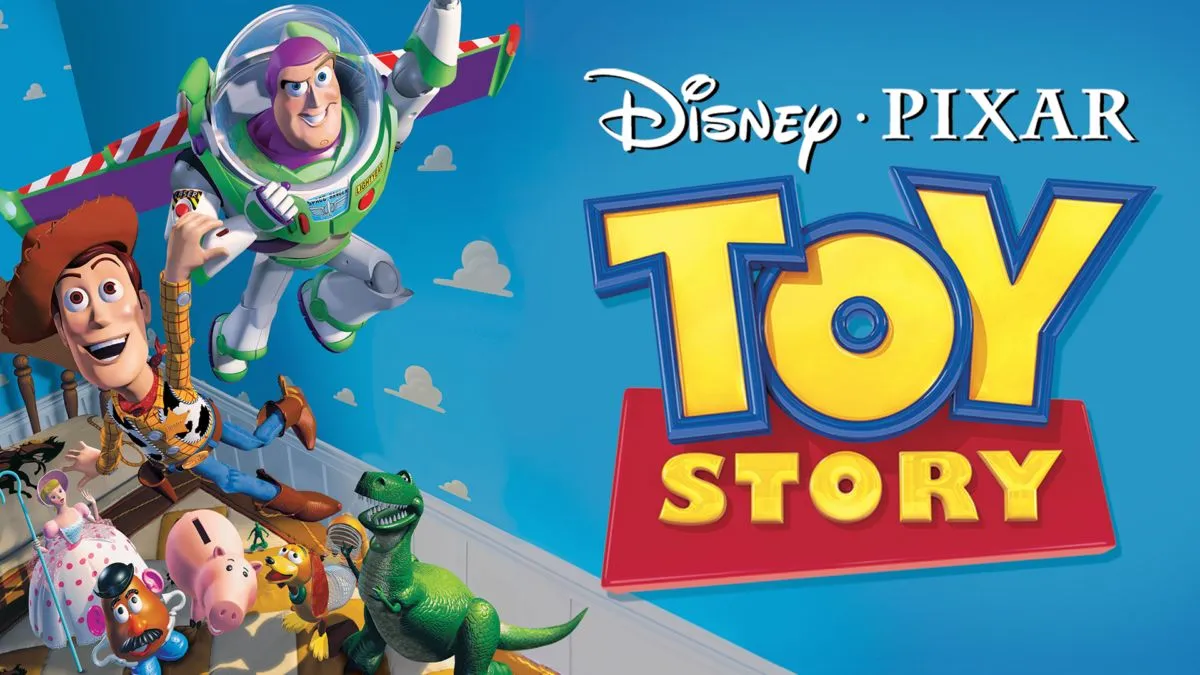Marc Jacobs newest season during New York Fashion Week consisted of models wearing faux dreadlocks mainly on Caucasian girls, responding to commenters saying “And all who cry ‘cultural appropriation’ or whatever nonsense. . .” causing tension.
Will this ruin Marc Jacobs reputation? Will it drop down sales? Well, perhaps it will due to lots of people getting very offended with the trouble he has caused. Cultural appropriation is not fashion, and Marc Jacobs did just exactly that. It is time to inform everyone that it is not fashion to appropriate culture! Dreadlocks come from the Rastafarians of Jamaica and India, not from Caucasians which means they should not be wearing it. The history behind dreadlocks started all the way in 2500 BCE, if you were a Rastafarian you would grow out your hair into dreadlocks as a homage to Samson, it is used to symbolize strength, power, and virility.
La Joya Community High School questioning students with relations of culture and their experiences and opinions.
“What’s the main thing people appropriate of your culture?”
“The main thing people appropriate of my culture is when it’s Cinco De Mayo they dress up in Mexican costumes and think it’s all about drinking and tacos when really, they have no clue what it’s actually about.” said Alex Esqueda.
“Is it cultural appropriation if someone wears their hair in a certain style?”
Ana Mills responded to this question saying, “Depends if that hairstyle has been ridiculed for the way it looks and to be racist against it, it shouldn’t be appropriated.”
“Are you privileged?”
“Yes, I am because I can pass as white and I speak English fluently and don’t live in poverty. Even though I am a full Mexican,” Ana said.
“What is your experience with cultural appropriation?”
“When I was younger people would make fun of me for not having straight blonde hair like the white girls did, I instead had an afro and was different from others. I was taught to hate my hair, but now I love it! I feel like people think it is ok when white people try to do it because they are privileged, but if a black person did it they get more offended,” Raina Campbell said.
This shows that cultural appropriation is very real and that people need to realize that it is never okay, it is not fashionable or trendy.
(*Names have been changed to protect students identity.)







